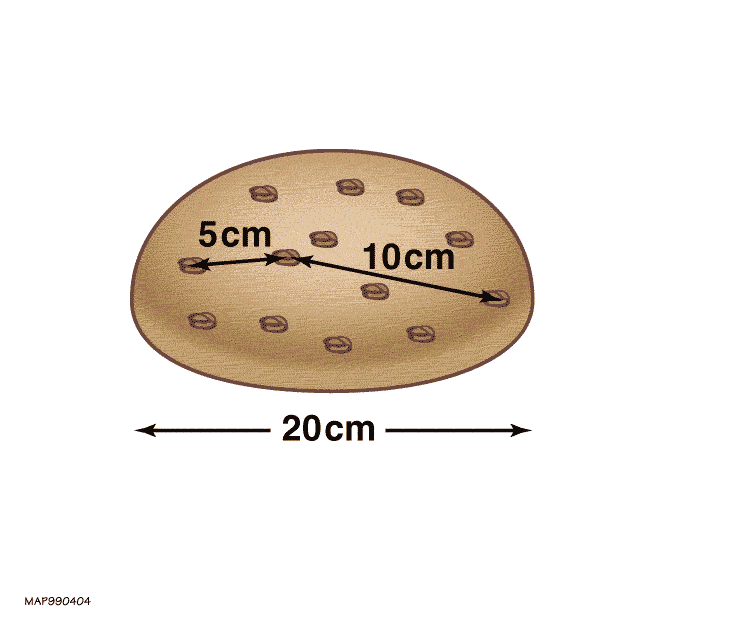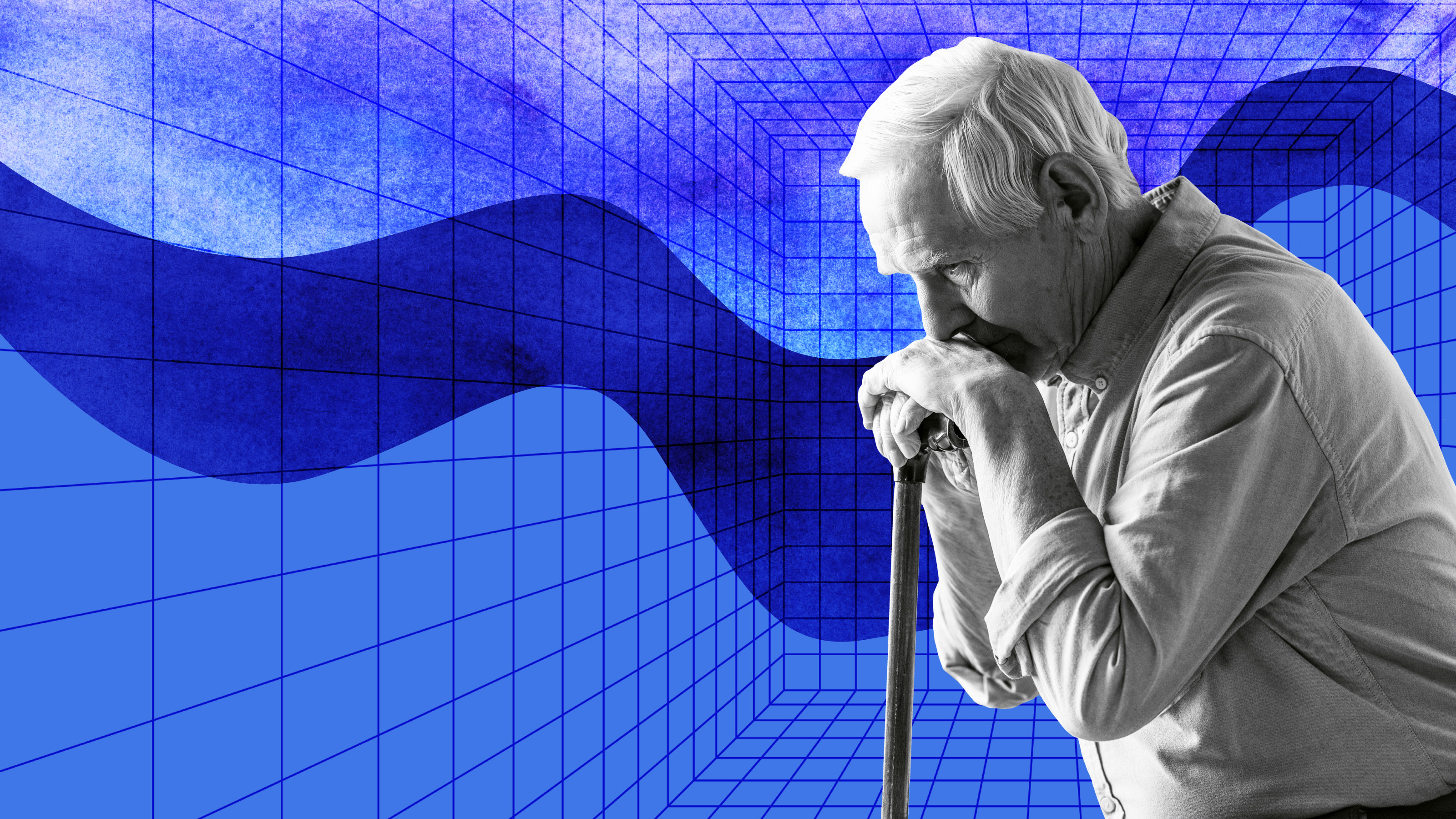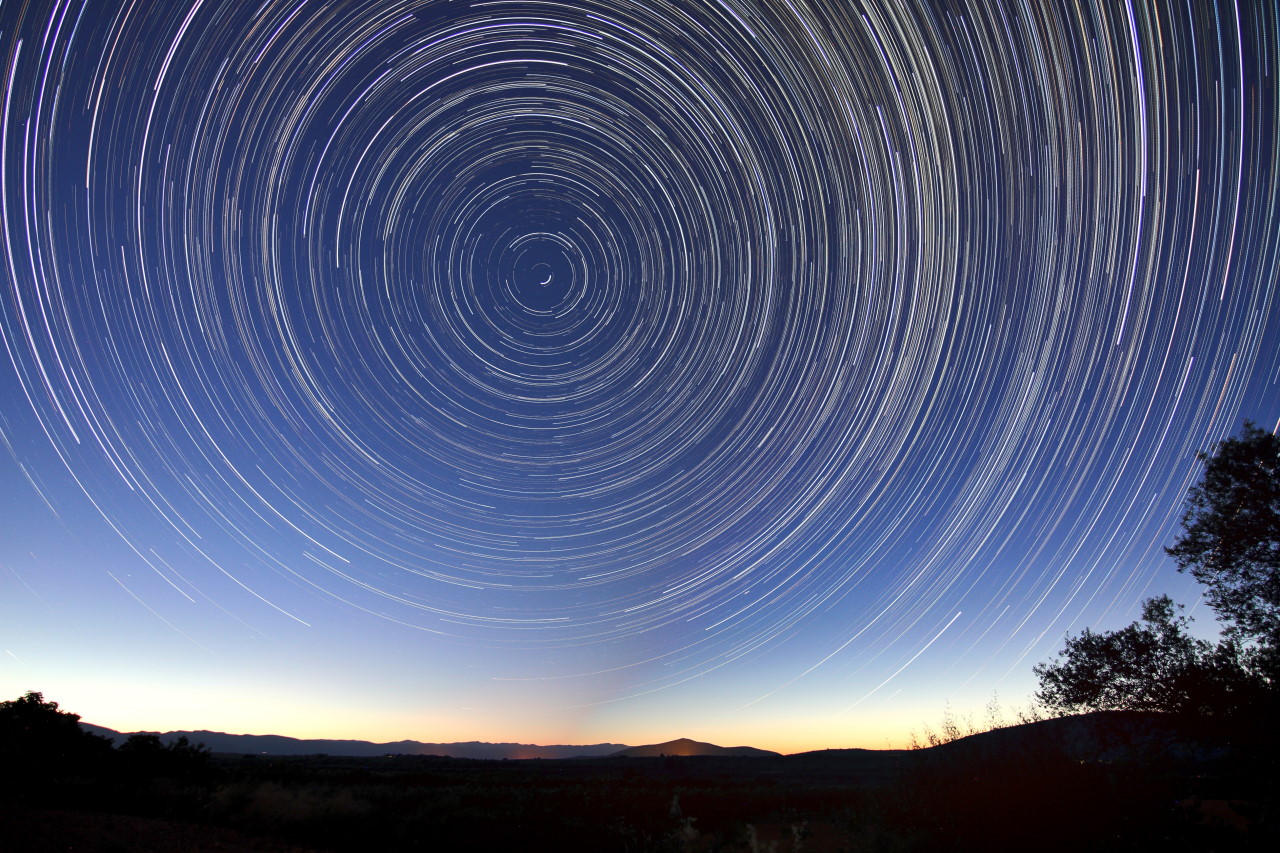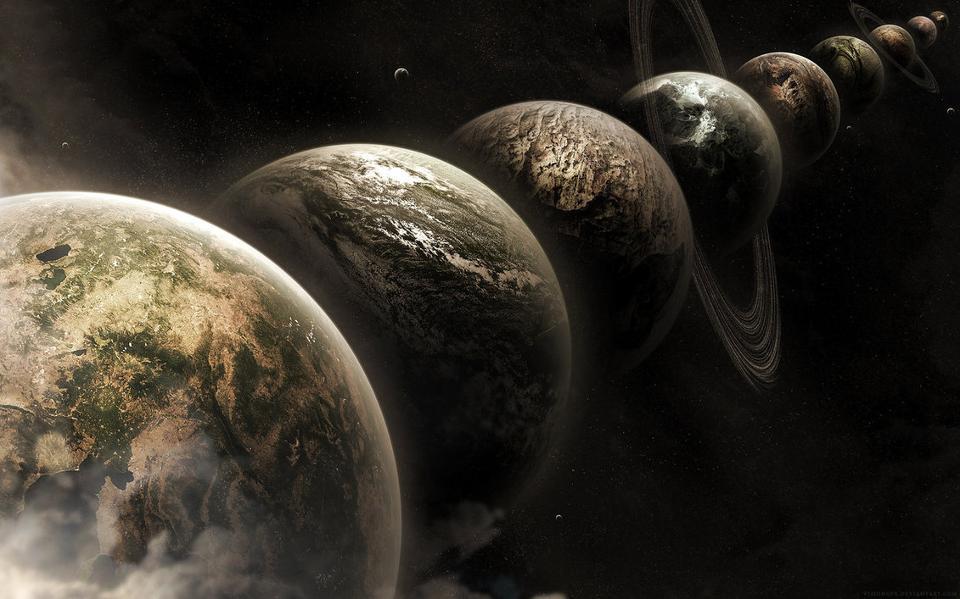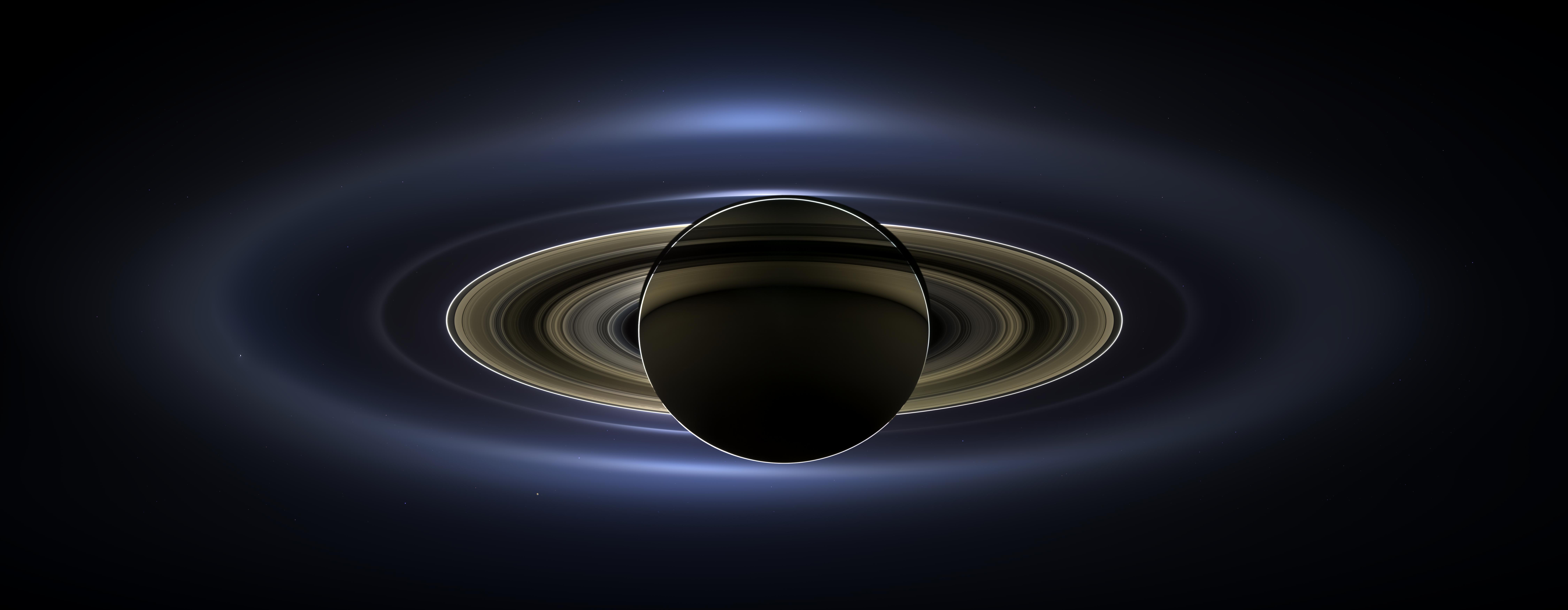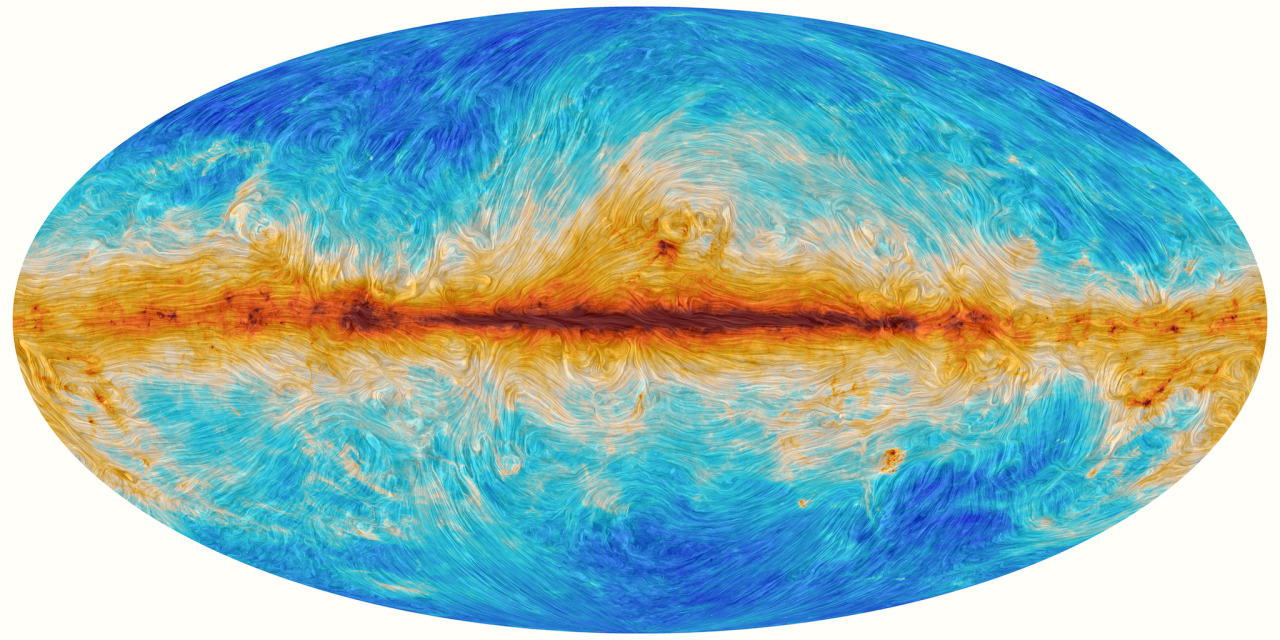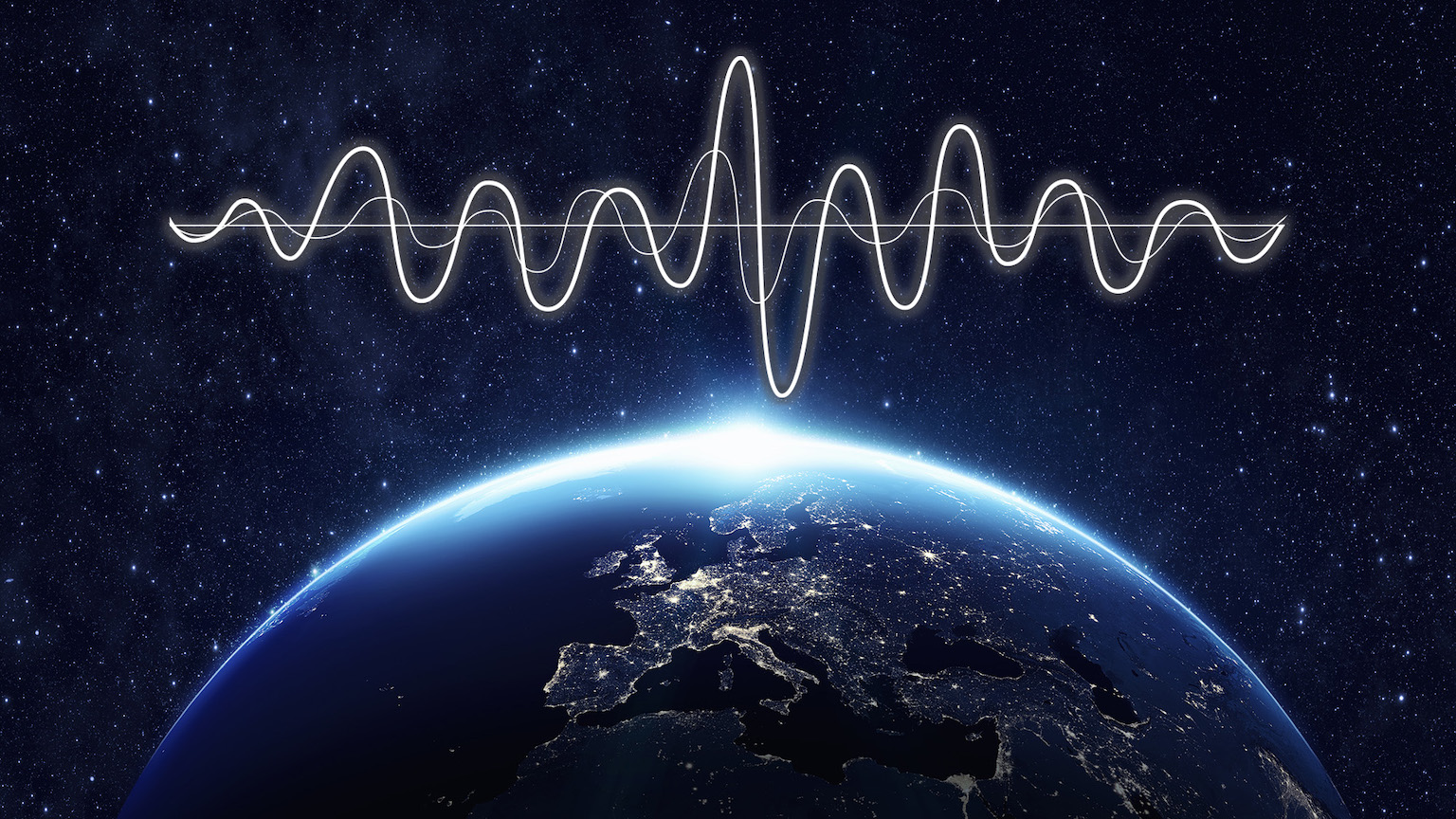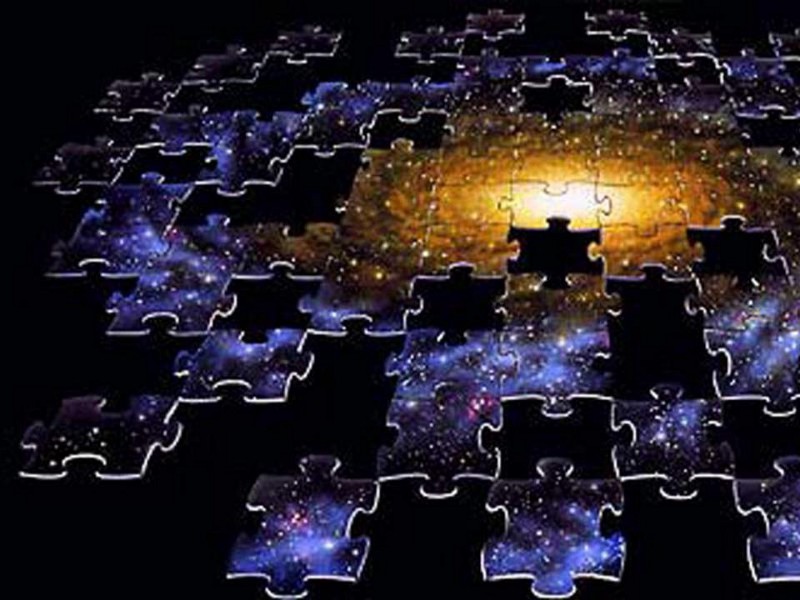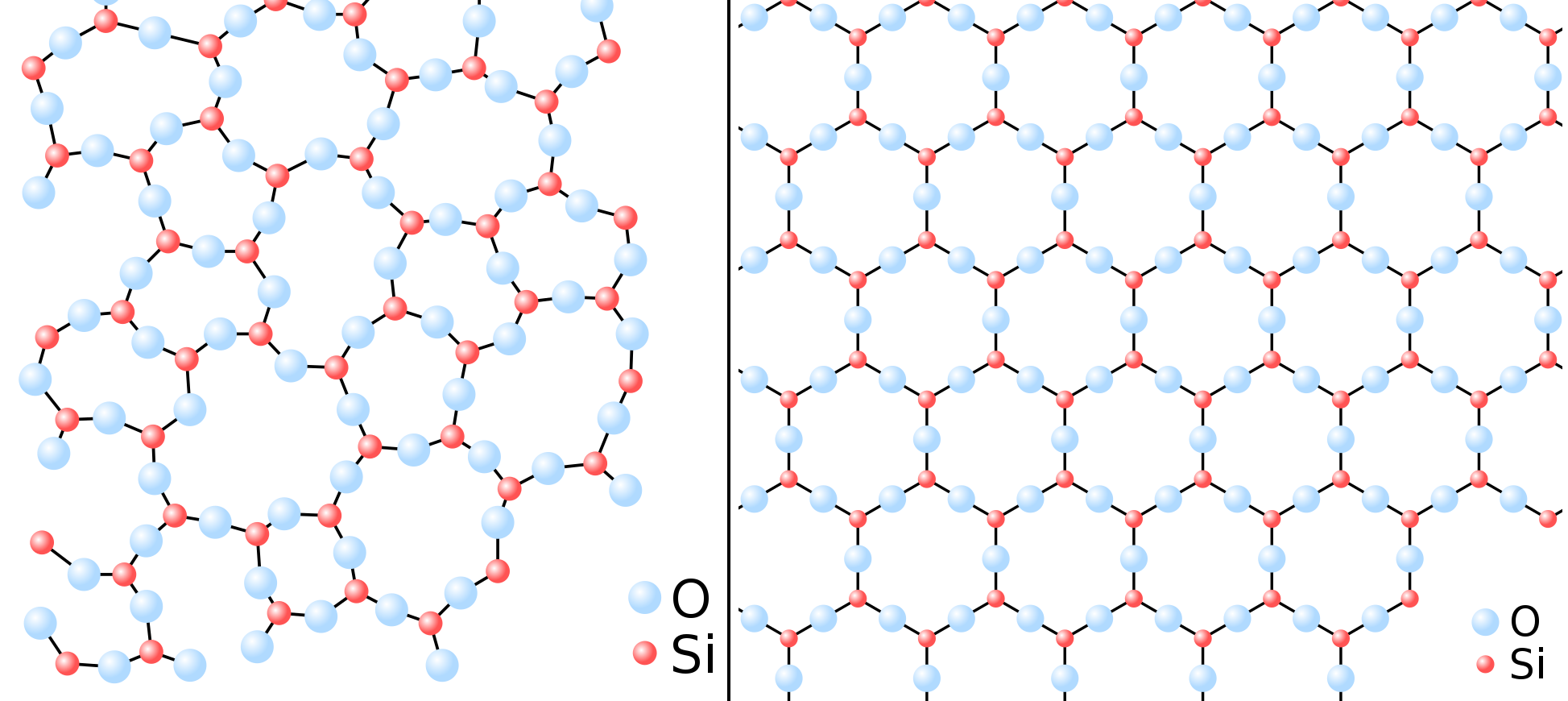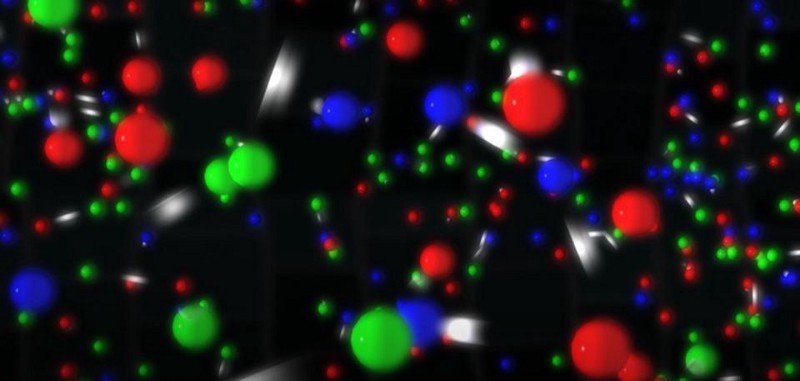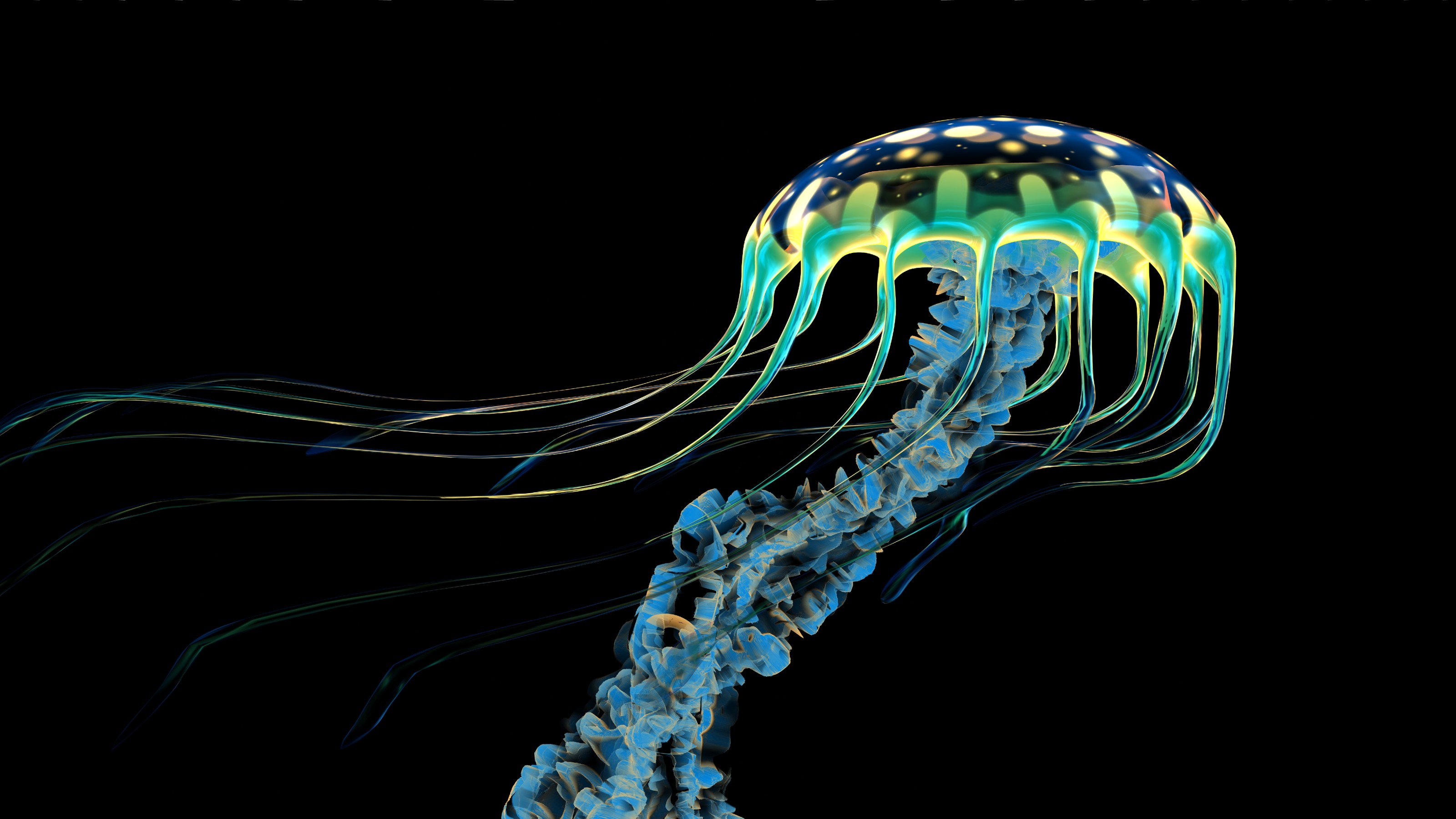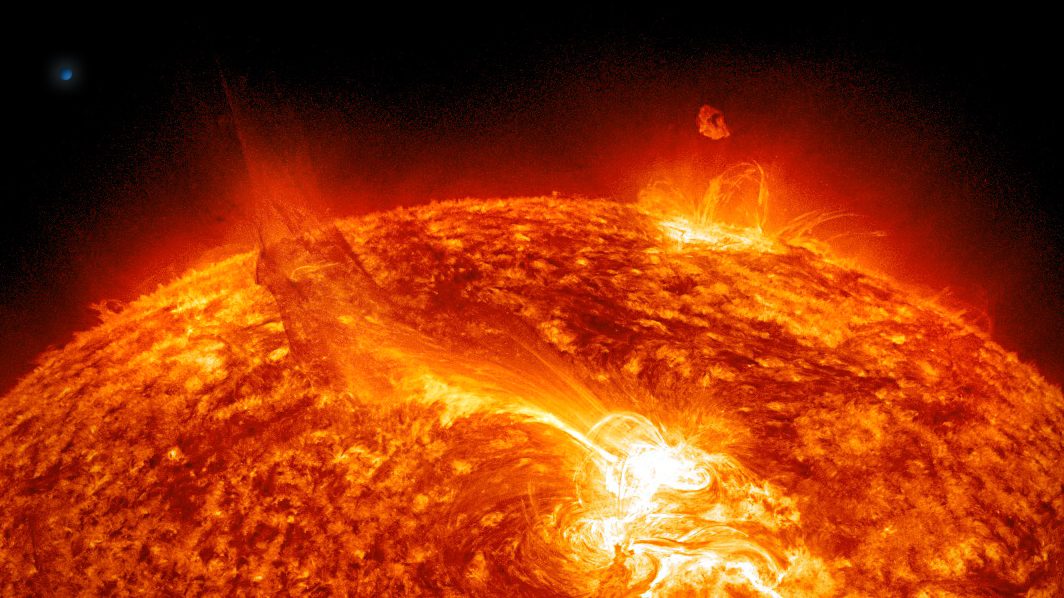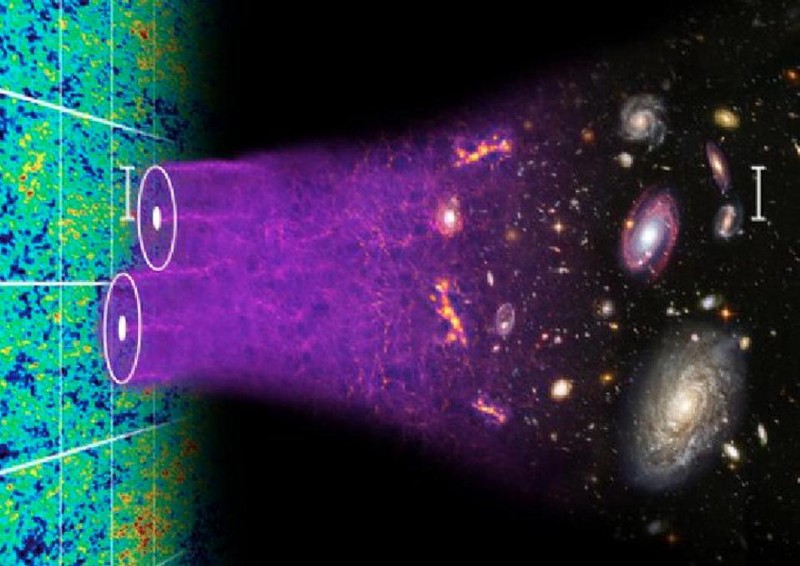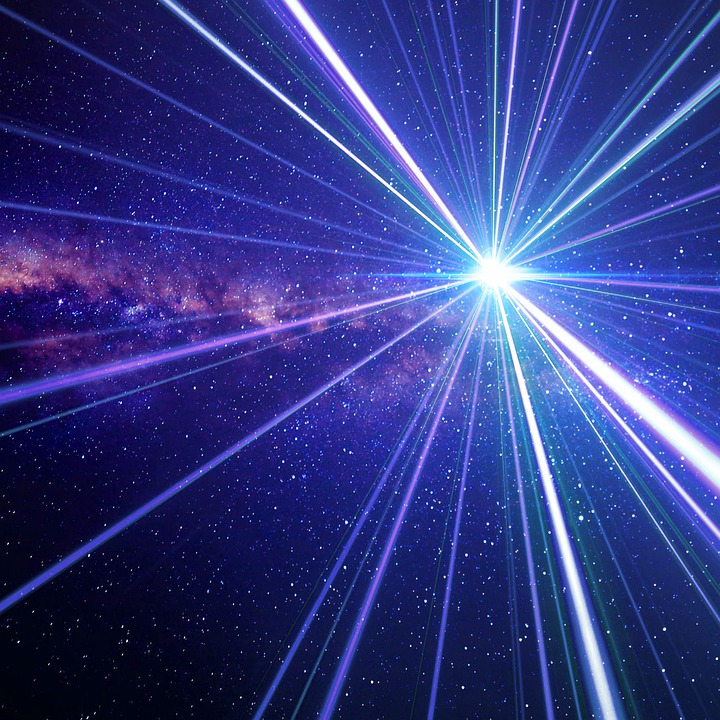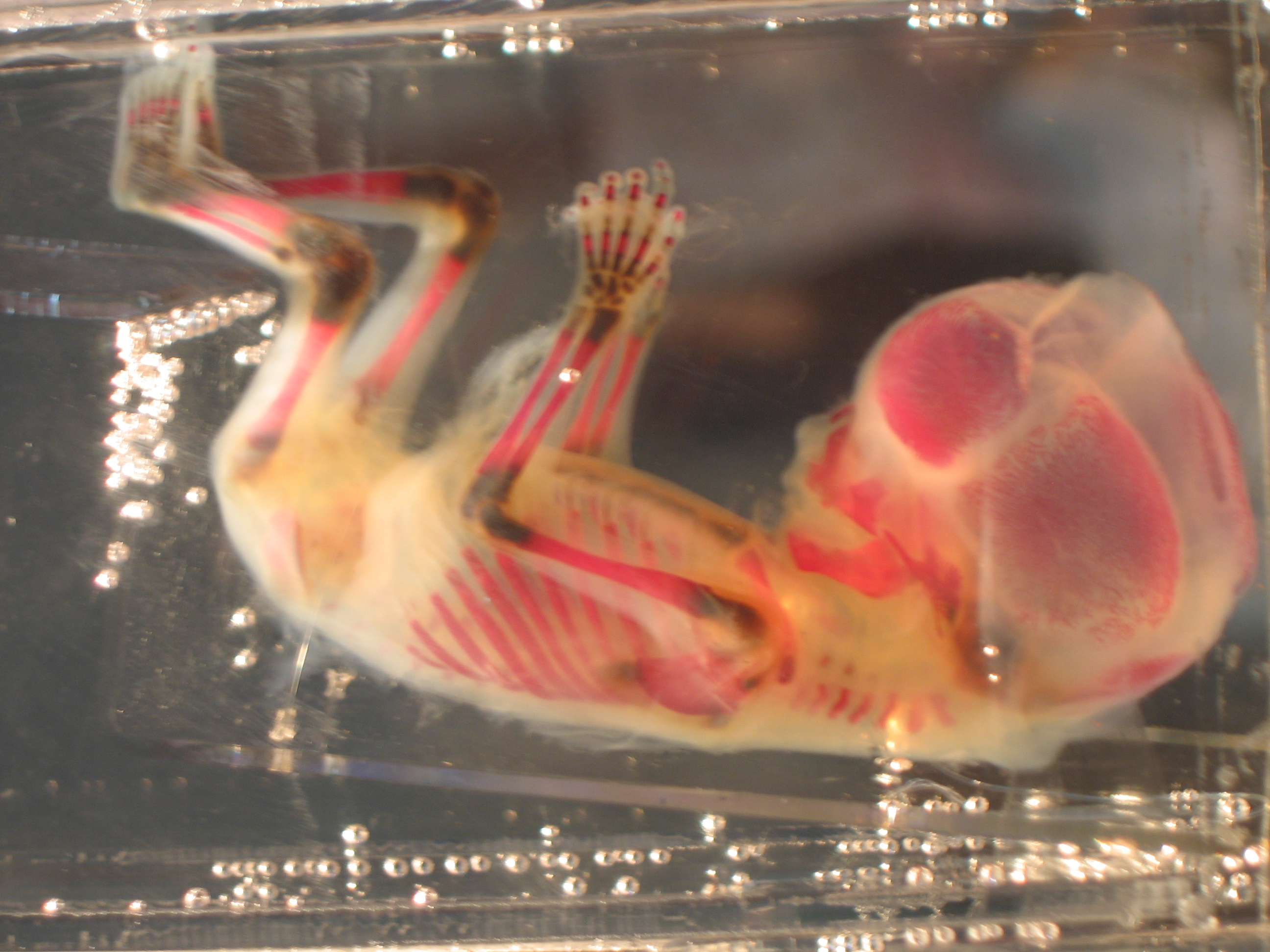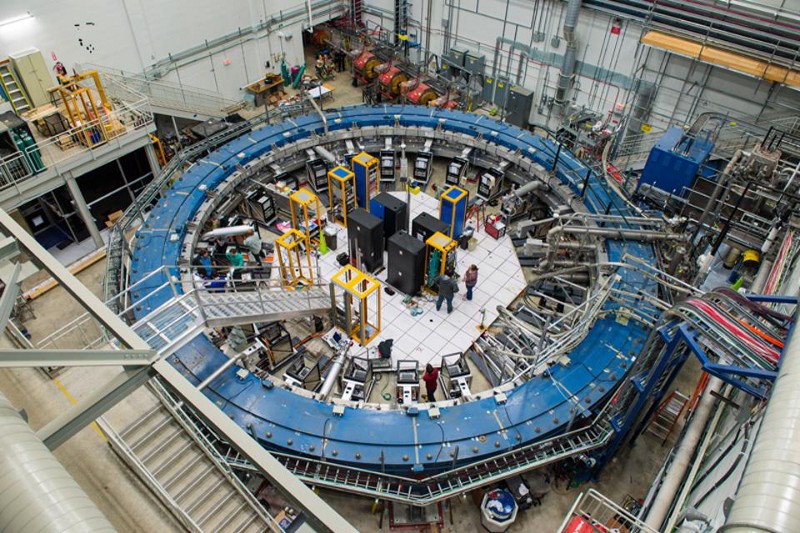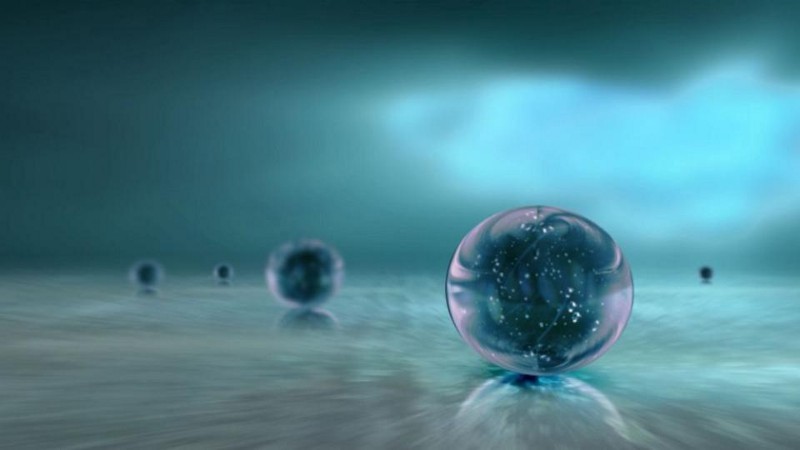Even without the greatest individual scientist of all, every one of his great scientific advances would still have occurred. Eventually.
Search Results
You searched for: Physical Constants
We live in a four-dimensional Universe, where matter and energy curve the fabric of spacetime. But time sure is different from space!
There are two fundamentally different ways of measuring the Universe’s expansion. They disagree. “Early dark energy” might save us.
“It doesn’t erase what happened to you. It just changes the impact it has on your life.”
At all distances, the Universe expands along our line-of-sight. But we can’t measure side-to-side motions; could it be rotating as well?
If there really is another version of you out there in a parallel universe, what can that teach us about reality?
Researchers dramatically improve the accuracy of a number that connects fundamental forces.
The secret ingredient is violence, and it just might indicate that “moonmoons” aren’t as uncommon as most astronomers think.
For some reason, the charges on the electron and proton are equal and opposite, and their numbers are equal, too. But why?
The beauty of this magical medicine called silence is that it is available to all of us, even in cities, if only we care to listen.
We can describe what we see happening, but we don’t understand why. Despite our vast cosmic knowledge, enormous unknowns remain. The quantum fluctuations inherent to space, stretched across the Universe […]
Parasites aren’t limited to just worms and ticks. Even some plants like to feed off others — and they perhaps could help fight invasive species.
It’s not for climate science and condensed matter physics. It’s for advancing our understanding beyond spherical cows.
Differences in the way that the Hubble constant—which measures the rate of cosmic expansion—are measured have profound implications for the future of cosmology.
Is the time crystal really an otherworldly revolution, leveraging quantum computing that will change physics forever?
Do they have real, observable effects, or are they merely calculational tools?
Deep underwater, temperatures are close to freezing and the pressure is 1,000 times higher than at sea level.
The inside of every black hole leads to the birth of a new Universe. Could our Universe have arisen from one?
Theoretical physicist Geoffrey West explains the science behind a unique hypothesis.
Recasting the iconic Carrington Event as just one of many superstorms in Earth’s past, scientists reveal the potential for even more massive eruptions from the sun.
Democritus also did not believe in free will but was still known as the “laughing philosopher.”
We bring multifaceted selves to our interactions, and in these interactions co-create each other again and again.
When you mix science with speculation, you get speculation. But the underlying science is still real. Whenever you hear the phrase, “it’s just a theory,” it should trigger alarm bells in […]
The same (former) NASA engineer who previously claimed to violate Newton’s laws is now claiming to have made a warp bubble. He didn’t.
Every year, scientists like George Church get better at editing the genomes of human beings. But will genome editing help or hurt us?
Going to smaller and smaller distance scales reveals more fundamental views of nature, which means if we can understand and describe the smallest scales, we can build our way to […]
How slight differences could have forever changed our cosmic history. 13.8 billion years ago, what we know today as our Universe began with the hot Big Bang. Filled with matter, antimatter […]
Ernst Chladni proved that sound can be seen, and developed a technique of visualizing vibrations on a metal plate.
In all the Universe, only a few particles are eternally stable. The photon, the quantum of light, has an infinite lifetime. Or does it?
“The digital HQ – the digital infrastructure that supports productivity and collaboration – actually became more important than the physical HQ.”


